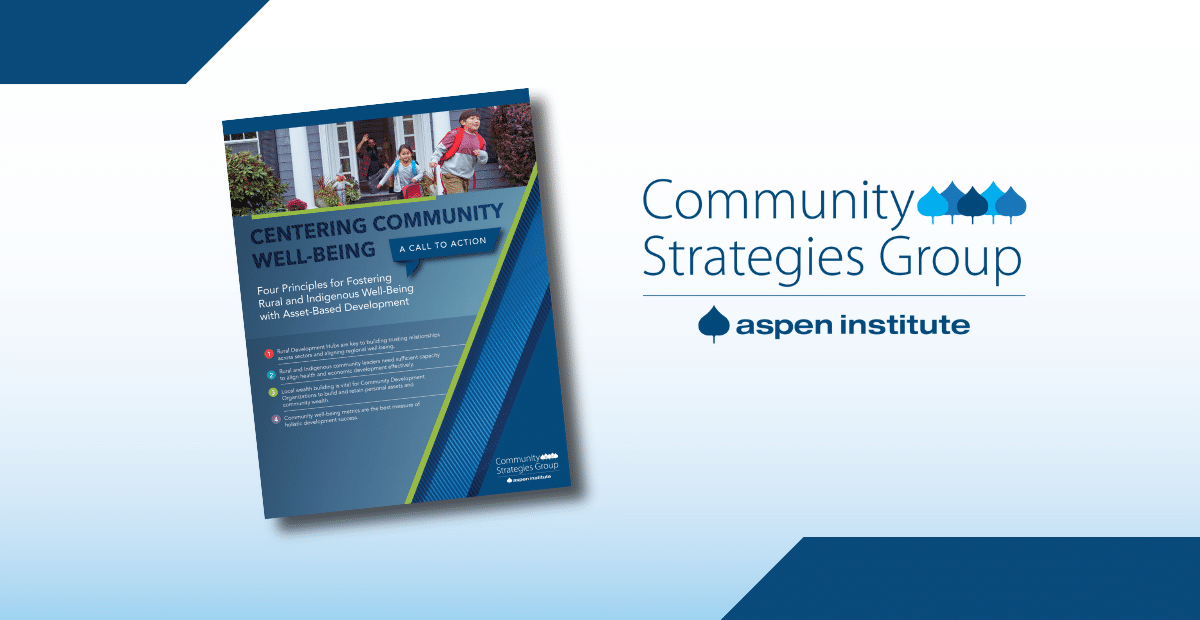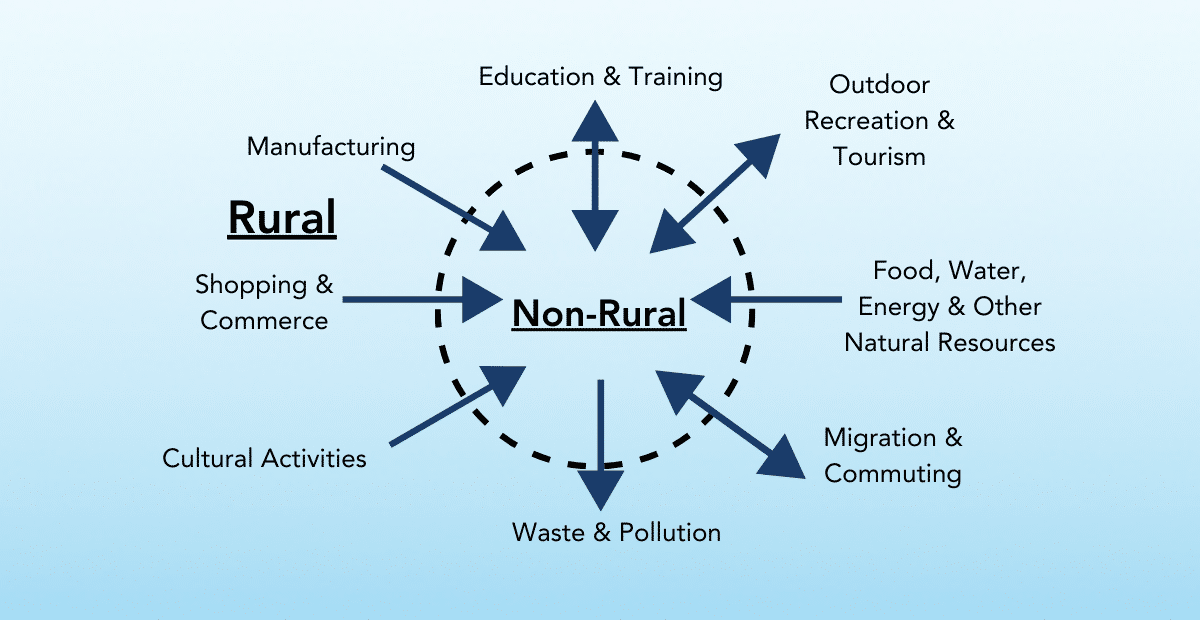View this Publication
Report examines growing number of African American female-headed families in the United States.
Report examines the socioeconomic characteristics of black female-headed families with dependent children. Analysis is by residence (metropolitan versus nonmetropolitan) and marital status (formerly married versus never married) and is limited to the southern region since the vast majority of black, metropolitan female-headed families live in the South. Study briefly reviews the literature on economic status and problems of female-headed families.
The remaining sections address some of the economic conditions (e.g., income, poverty status, labor force attachment) of black female-headed families by residence and marital status and policy implications of these conditions. Literature review finds that female-headed families are disadvantaged relative to married-couple families.
Policy recommendations include expansion of Aid to Families with Dependent Children (AFDC benefits) given the large proportion of black female-headed families receiving such allotments (Note: In 1996, AFDC was replaced by Temporary Assistance for Needy Families (TANF) program). Researchers urge support of the Family Support Act (1988) and increased focus on job creation in primary sector.








